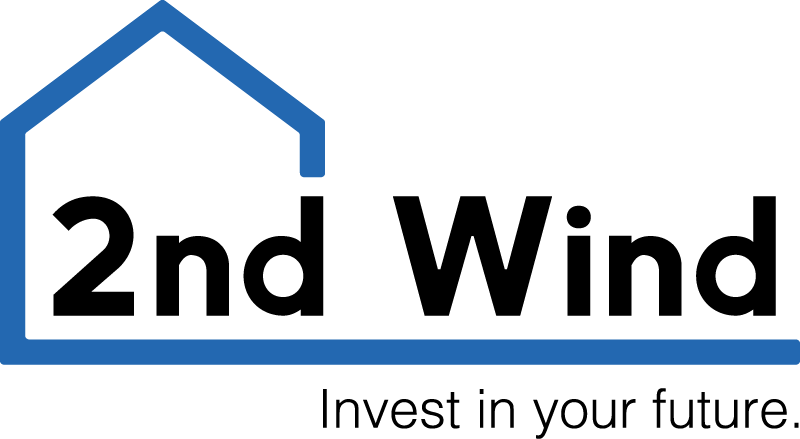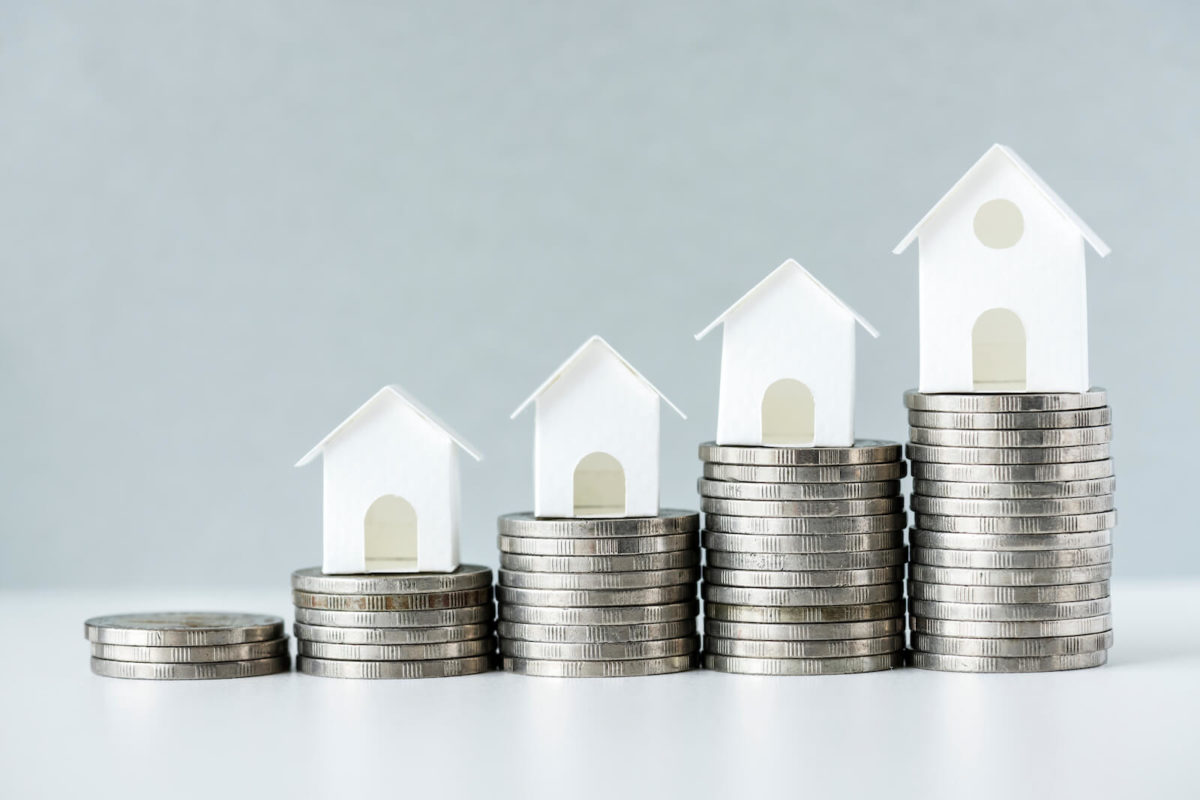Conventional wisdom may tell you that paying down your property mortgage as fast as possible will yield you the best returns in the future, but in reality this isn’t always true. If you want to reduce the overall interest you pay on your mortgage- paying off your mortgage early can greatly help. Every month you have a mortgage you pay interest on the total balance left; by paying that balance off early you eliminate years of added interest payments charged for the loan. Depending on how much is left on your mortgage, this could equate to thousands of dollars in savings.
One negative drawback of putting so-much cash towards your mortgage however is restricting your cashflow in the short term- preventing you from making further investments that may yield higher returns in the future. Take this simplified comparison for example and put on your thinking caps because we are about to hit you with some serious math.
Example Case:
Let’s say you’ve bought a duplex property with a purchase price of 140k. You went with a traditional 30 year bank financing loan and your downpayment was 20% or $28k. This leaves you with a $112,000 Loan. Using todays interest rates of around 4.75% your mortgage payment would equal ~$584. Throw in taxes and insurance around $166 and that payment jumps to $750.
Now lets consider yearly operational cost (mortgage: $750 x 12 months) = $9000 + $1000(typical maintenance) + $1000 misc. expenses = Total $11k.
Now lets calculate revenue earned from your property. Let’s say the two sides of your duplex rent for $750 each (typical for Louisville, Ky in 2019) and your occupancy rate is 90%. Rental rate $1500/mth at a 90% occupancy rate= $16,200 per year.
Your potential early profit therefore would be: $16,200(revenue) – $11k(expenses)= $5,200 + Equity + a tax deduction and a depreciation credit.
Over your 30 Year term you would receive approximately $156k Cash + 100% Equity
Your 30 year Total Loan Payments are: $210,328 And your total Interest Paid is: $98,328
Now let’s see what would happen if you took all of your profit and rolled it back into your mortgage payments and you paid off the mortgage off as fast as possible.
$5200 yearly profit/12 = $433.33 (total potential monthly profit after expenses) + $750(mortgage) = $1,183.33 (new monthly payments)
This new payment structure could conceivable allow you to pay off your total loan balance in 12 years rather than 30.
Your new 12 year total loan payments are $147,152 and your total interest paid is: $35,152
For the next 18 years your new profit would be: $1500/mth (rental rate) x .9(occupancy rate) – $166/mth taxes and insurance – $166.67 misc expenses = $1,017.33/mth x 12(months) x 18(years)= Over 30 year term you would receive $219,743 cash + Equity – Taxes.
The difference seems obvious right? Paying off your loan early leads to nearly $64k more in cash over the long term.
The problem however, is that you are missing out on the opportunity to invest in the short term due to your 12 years of restricted cash flow. If you don’t put the money in the mortgage but instead set it aside- in roughly 5.38 years you could conceivably purchase an additional investment property under the same terms as your first loan thus gaining additional cashflow. This action would double the following years cashflow, now it would only take 2.69 years to reinvest, next only 1.79 years to reinvest… by the time the 12 year period it would have taken for you to pay off your original loan on a single property you could realistically have 3 to 4 additional properties all generating cashflow and in various stages of equity. If you take the cash flow $5200 a year form all 4 properties and pocket that for the next 18 years you are now looking at $374,000 in cash plus greater than 18 years of equity in each property… not to mention positive cashflow of nearly 4 times that of a single home.
In conclusion: When deciding whether to prepay your mortgage, always evaluate what the best use of your cash is, given your unique circumstances. Borrowers should review their individual credit profiles and potential earnings opportunities—things like interest, PMI, etc.—versus the cost to prepay, including lost tax deductions, exposure to inflation and forgone returns on investments.

